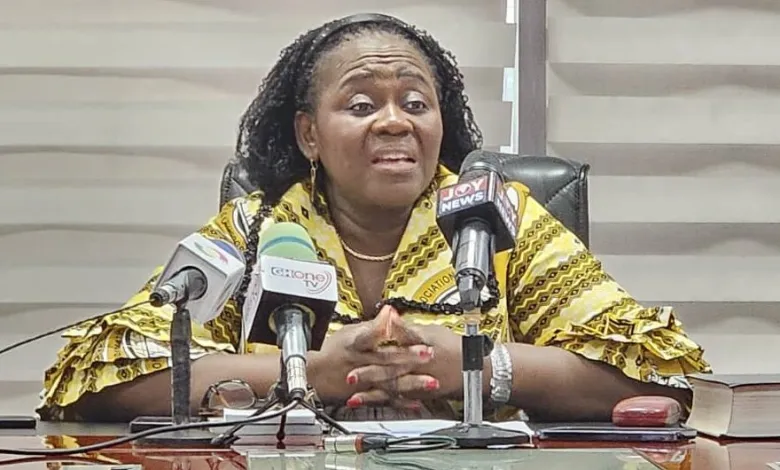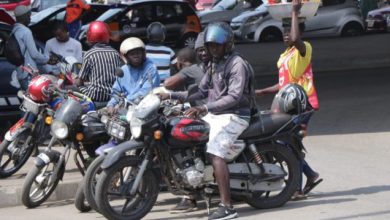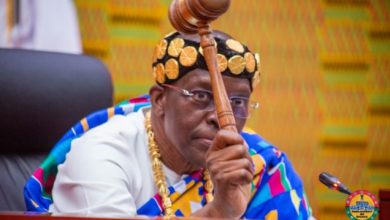CJ files judicial review at High Court to quash impeachment proceedings

Suspended Chief Justice, Gertrude Torkonoo, says her legal team has filed a judicial review at the High Court seeking to quash the ongoing proceedings for her removal.
According to Justice Torkonoo, the process—led by the Justice Pwamang Committee—has been marred by serious procedural violations.
The embattled Chief Justice, at a press briefing, highlighted key issues she believes call into question the integrity and legality of the proceedings.
Among the key violations she cited are:
1. Denial of Legal Representation: The committee allegedly refused to recognise her legal counsel on the first day of the proceedings simply because she was not personally present. Despite her lawyer being physically available, hearing dates and other arrangements were made without his involvement—a move she says breaches the principles of natural justice.
2. Lack of Clarity on Charges: Justice Torkonoo claimed the committee failed to specify which allegations a prima facie case had been established for, or the reasons behind such determinations. This, she argued, has impeded her ability to assess her legal position and adequately prepare a defence.
3. Inability to Cross-Examine Petitioners: She said the committee permitted two of the petitioners—Mr. Daniel Ofori and Shining Stars—not to testify, thereby denying her the opportunity to cross-examine them.
4. Restricted Access to Family Support: The Chief Justice also described being denied the presence of her husband or a close family member during the hearings.
5. Invasive Searches: She said she was subjected to thorough searches of her body and personal belongings—an act she described as a violation of standard protocols and courtesies accorded to her office.
Justice Torkonoo expressed concern over the location of the hearings, which are being held in a high-security zone on Castle Drive, Osu, rather than a judicial facility, as has been the practice for Article 146 proceedings since 1993. She suggested the choice of venue, coupled with the secretive nature of the proceedings, was designed to intimidate her and prevent public scrutiny.
She further revealed a disturbing historical link to the venue, stating:
“I need to make the disclosure… that the Adu Lodge facility that I am being tried in featured very prominently in the planning of the murder of judges on June 30th, 1981.”
She noted that one of the murdered judges, Major Sam Acquah, was her uncle and guardian.
Justice Torkonoo warned that the current process could set a dangerous precedent for all officeholders protected under Article 146 of the 1992 Constitution—including the Auditor-General, the Electoral Commission, and the Commission on Human Rights and Administrative Justice (CHRAJ).
“The framers of the Constitution identified certain categories of public officials who must serve the citizens without fear or control by influential people. This process threatens to dismantle that principle,” she said.
She criticised what she described as a lack of transparency and legal grounding in the process, arguing that it abandons the prescribed inquiry model in favour of a civil litigation approach—one that turns petitioners into prosecutors without constitutional or statutory basis.
Rejecting suggestions that she should step aside to avoid institutional damage, she said:
“As Chief Justice of Ghana… I should not turn tail and run when I know the implications of not defending false and unwarranted charges. If I resign under these circumstances, I will be saying that this flawed, unknown and opaque process is acceptable.”




